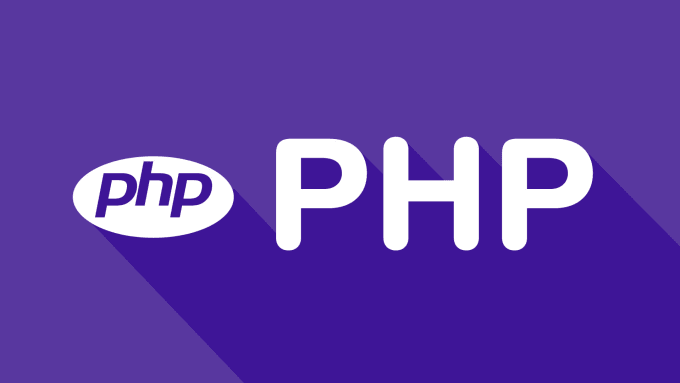Services
Digital Product Development
Identity Development
Media Streaming
Search Engine Optimization
Web Hosting
Solutions
Osimart
Osina
Osichat
Osimenu
Osinews
Osicard
Hosting Plans & Pricing
Shared Hosting
Managed Cloud VPS Hosting
Dedicated Servers
Is It Still Relevant To Build Websites With PHP In 2020?
June 06, 2020

LEARN HOW WE CAN
ACCELERATE YOUR BUSINESS
REACH US
Lebanon, Jounieh, Haret Sakher Highway,
Dwayhei Building.
+961 9 918 718/9
+961 71 918718
info@ositcom.com

© 2025 All Rights Reserved

